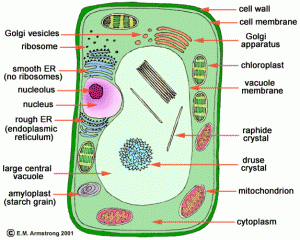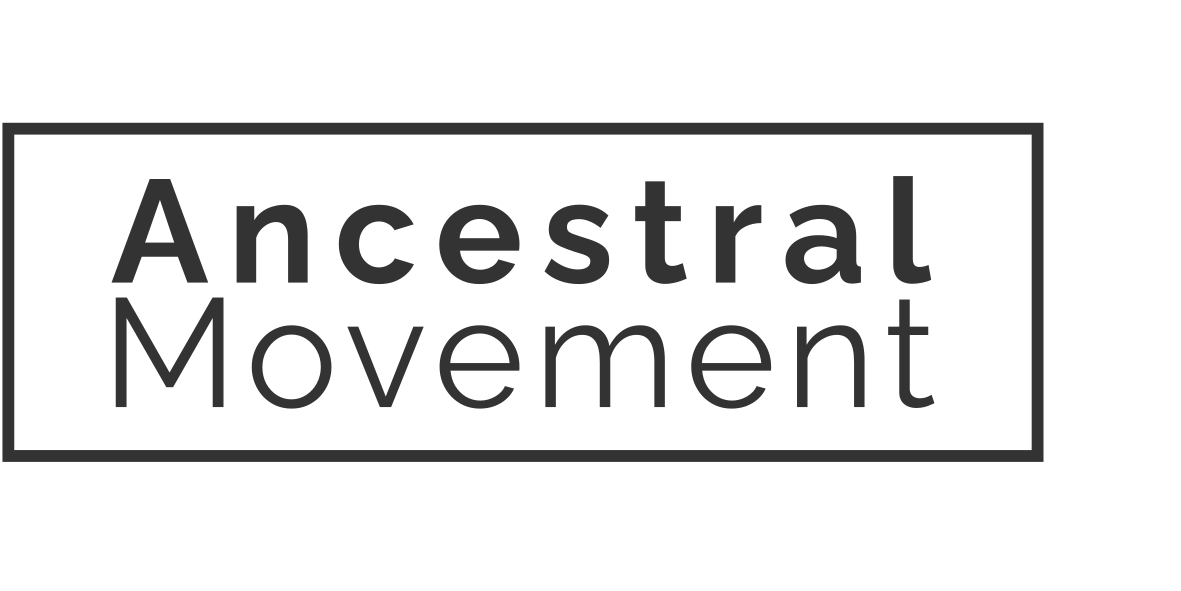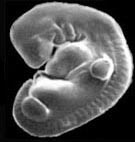22 Nov Ancestral Movement

Crawling Olmec baby from approx 1000 BC.
Here’s an interesting study about human locomotion: How humans learn to walk
“(Medical Xpress) — A new study has revealed that as humans learn to walk the two basic patterns of stepping present in the newborn remain unchanged and two new patterns are added at the toddler stage. This development process and the patterns are similar to those found in other species such as rats, cats, macaques and guineafowl, which suggests that locomotion in the different species could be based on a common ancestral neural network.”
A lot of thought and mythology gets devoted to “what makes us human”: how humans are special, unique, created in God’s image or hybridized with alien DNA, how we became civilized, how humans don’t have instincts, how human minds and human consciousness are different to those of all other creatures, etc. All of this is great, fascinating, natural that we should be concerned with such things.
For some reason, I have always been fascinated with the many ways that we are the same as other creatures. I remember spending some days and weeks wondering to myself about the fact that all animals have heads. We’ve all got mouths, and anuses.
We all come from the same lineage. We share a common ancestor, many common ancestors. I am related to the bird outside my window in the same way that I am related to my cousins, just many more generations removed.
All creatures with spines have vertebrae shaped in the same way, made of the same stuff, made by the same kinds of cells. The pattern of four limbs has remained the same in lobed fish, amphibians, reptiles and mammals – even whales still have fingers. Human embryos have long tails, and gill-slits. We all begin our lives in water.
 The cells of all living things are still all essentially the same: salty water wrapped in a semi-permeable membrane that allows substances in and out, able to communicate chemically with the other cells in the region, containing DNA and various organelles responsible for continually repairing and maintaining the cell and eventually reproducing.
The cells of all living things are still all essentially the same: salty water wrapped in a semi-permeable membrane that allows substances in and out, able to communicate chemically with the other cells in the region, containing DNA and various organelles responsible for continually repairing and maintaining the cell and eventually reproducing.
Comparison of plant and animal cells
Ethology is a word I’ve only recently learned, but it’s one of my favourite topics: animal behaviour. Neuroethology is the study of animal behaviour and its underlying neurological basis. We don’t just share the same basic anatomy with most other animals, we also share the same basic neurology – our bodies don’t just look the same, they act the same. Some questions asked by the neuroethologists:
How are stimuli detected by an organism?
How are environmental stimuli in the external world represented in the nervous system?
How is information about a stimulus acquired, stored and recalled by the nervous system?
How is a behavioral pattern encoded by neural networks?
How is behavior coordinated and controlled by the nervous system?
How can the development of behavior be related to neural mechanisms?
Here’s Robert Sapolsky talking about Ethology: Stanford “Human Behavioural Biology” – 9. Ethology
The way we turn our heads and eyes to look in the direction of new sounds, the way babies grasp things and put them in their mouths, the way we chew automatically, the way we crawl and walk, and in fact all of the basic movements of our bodies are shared with all other animals: vertebrates, fish, amphibians, reptiles, mammals, primates. The closer they are to us evolutionarily the more apparent the similarities are, one of the main purposes of this blog will be to explore these similarities and shared patterns of structure, movement, and consciousness.
For more information on the movements, gestures and nonverbal communication that we share with other vertebrates, their neural basis and evolutionary history, check out this page: “The Nonverbal Brain” from the excellent Center for Nonverbal Studies, and follow the links for endless fascinating factoids.



Michael
Posted at 07:56h, 23 NovemberGreat site, Simon, v excited for this.
Cheers,
M
simon
Posted at 09:15h, 23 NovemberThanks mate! Me too, I should be able to get loads of good stuff up here within the next little while…